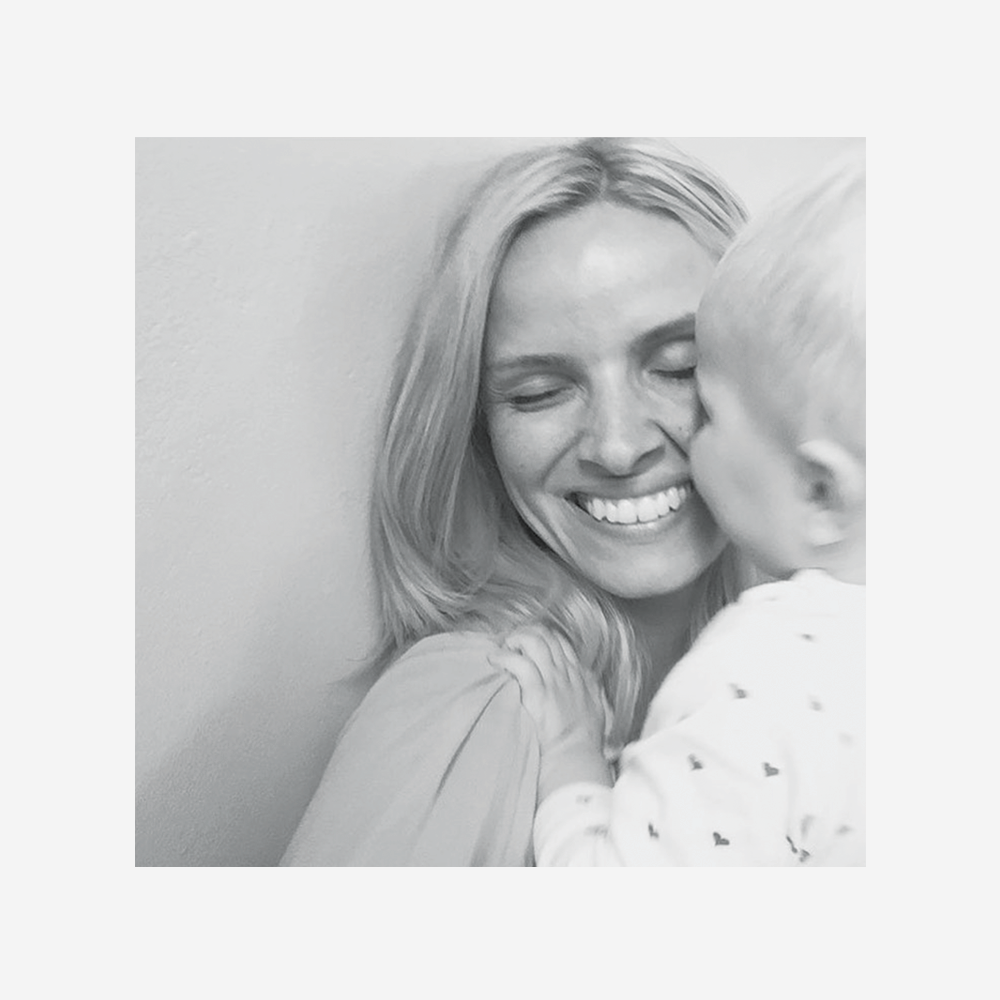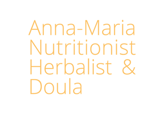A Guide To Breastfeeding While Pregnant
If you are considering falling pregnant before you have finished breastfeeding your (current) baby, you will need to know the following to ensure you maintain your own health, your pregnancy, and your milk supply.
Socially, there are some mixed messages about continuing to breastfeed while pregnant and you may surprise a few people if you have your toddler and your newborn nursing from each breast, but if you wish to continue to breastfeed your older child while having more babies, don't worry about the social expectations. Breastfeeding during pregnancy and beyond is absolutely possible and considered safe in most cases.
What you need to be aware of are the unexpected changes to your milk that could happen during the pregnancy and when your new baby is born. While we are at it, I urge you to be extra diligent with your health as nursing a baby and a toddler after having grown your baby in your tummy will undoubtedly be demanding work for you, both physically and nutritionally.
Can you breastfeed while pregnant?
Yes you can, and you should if you can. First things first - I salute you! I love that you want to prioritise your baby's need for breastmilk. Well done for not giving up and instead embracing the task of nursing more children at the same time and while being pregnant. You are a powerhouse!
As mentioned, nursing while pregnant is considered safe as long as you don't have a previous history of preterm deliveries, recurrent miscarriages or other pregnancy and health-related issues. As you may recall from your first pregnancy, one of the ways you can stimulate contractions and help bring on labour is nipple stimulation. So, this is considered a risk factor and one you need to be mindful of. If your previous pregnancies and births have been uncomplicated, you can consider yourself in the safe-camp, and I encourage you to proceed with nursing while having more babies if you wish to do so.
Your body will prioritise to maintain your growing fetus once you are pregnant, and that means the nourishment your growing fetus needs will be taken from your nutrient storage and your diet. Thus, you need to be very aware of your nutrient storage levels and your daily nutrient intake to make sure you do not get depleted. Let me give you an example. The consequences of running low and facing depleted nutrient storages could be that your body will draw calcium from your bones to ensure your fetus gets enough calcium to grow and develop healthily. That would have a harmful ripple effect on your longterm bone health, and this goes for all the other nutrients as well.
It is doable to ensure that you are nourished enough. Here's what you need to do: You will need to have continuous blood tests to ensure your levels are staying at a healthy range. Ideally, know your cellular nutrient levels before you become pregnant; this makes it a lot easier to maintain them. You will most likely have to take supplements during your pregnancy and postpartum to sustain healthy nutrient supply alongside a wholesome and varied diet, which is something to keep in mind.
Your nursing baby or toddler may notice a change in your milk, such as supply levels dropping a little, and perhaps changes in the taste of the milk. Some babies won't be put off by this, but some may.
Once you have given birth to your newborn your hormones will make a rapid shift and - this is pretty cool - your body will ensure your newborn baby will get what she or he needs by changing from breastmilk to colostrum for a few days. This may happen in the lead up to birth as well. This has been reported to be the most common time for the older sibling to self-wean due to the drastic flavour change of the milk. However, some children keep nursing, maybe at reduced feeds for some time, and then they pick it back up again when the milk changes from colostrum to milk. So essentially, you can rest assured your newborn will be looked well after by your milk. I find this quite miraculous.
Will your older child still get what he or she needs? The answer is mostly yes. Let's assume safely that your older child is past his or her first birthday by the time your newborn has arrived, then the answer is yes. By then, your baby will have become pretty efficient at eating solids and absorbing the nutrients from that. The milk that you are making will continue to supply immune support as the primary component and benefit, but the macronutrient ratios, such as fat, carbohydrate, and protein will be changing along the way, but that is not harmful to your child as long as he or she has established a healthy and varied whole food diet from solid food.
If you will be breastfeeding while pregnant you need to:
- Be very aware of your nutrient storage levels, that means having thorough blood tests done.
- Be prepared for increased nipple sensitivity as your pregnancy progresses.
- Be very conscious about having a wholesome and balanced diet with plenty of vegetables, natural fats and protein.
- Do speak to your health care provider about any risk factors you may have in nursing your older whilst pregnant.
Nursing more than one child is doable and beautiful. If you are up for the task, and by this, I am referring to standing your ground in the somewhat skewed social view of this and the potential comments you may hear and, more importantly, the amount of self-discipline around your diet and prepare yourself for this journey ahead. You must keep your health in mind during this time of your life. The consequences of being depleted are lethargy, higher risk of postnatal depression, and anxiety and long-term health complications. So be informed, and get support! I'm available to assist you in putting a nutrition strategy together for you to succeed with breastfeeding two children simultaneously.

Get A Free Gift
My Top 10 Foods for a Happier Healthier Mum
As a fellow mum (of three wonderful girls) I really know how challenging and exhausting being a mum can be at times!
When I first became a mum I realised just how much my lifestyle and diet played a part in how well I coped with the demanding tasks of caring for my little ones.
I help so many women through all kinds of burnout, exhaustion, weight gain, digestive and hormone problems, illness and general low's.... and I never get tired of seeing just how well they respond to my graspable and nurturing support. It really makes my job such a blessing, to be able to help you.
Alright, let's get to it! Here are my top 10 tips to become a happier and healthier mum!




